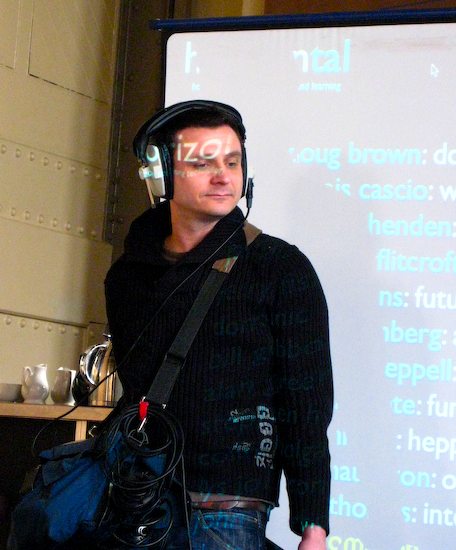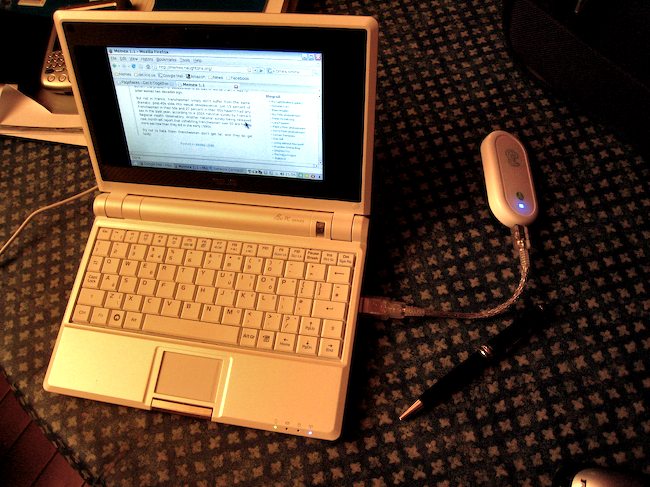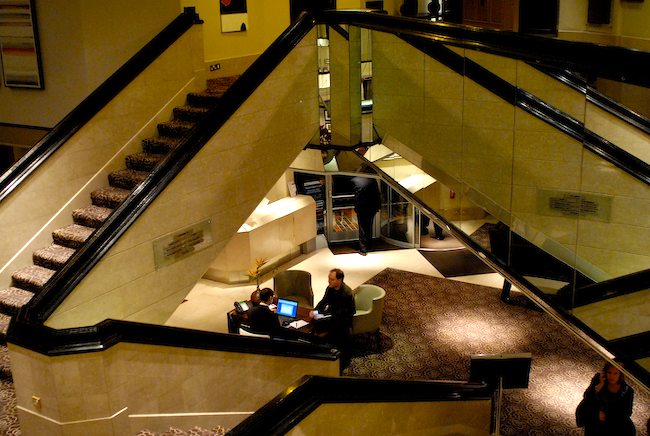Fascinating New York Times piece about Hillary Clinton’s campaign spending.
“We didn’t raise all of this money to keep paying consultants who have pursued basically the wrong strategy for a year now,” said a prominent New York donor. “So much about her campaign needs to change — but it may be too late.”
The high-priced senior consultants to Mrs. Clinton, of New York, have emerged as particular targets of complaints, given that they conceived and executed a political strategy that has thus far proved unsuccessful.
The firm that includes Mark Penn, Mrs. Clinton’s chief strategist and pollster, and his team collected $3.8 million for fees and expenses in January; in total, including what the campaign still owes, the firm has billed more than $10 million for consulting, direct mail and other services, an amount other Democratic strategists who are not affiliated with either campaign called stunning.
The article identifies two basic problems: Clinton’s cash flow projections were based on the assumption that by Iowa the race would be efffectively over; and over-reliance on smallish numbers of large donors (who will be hard to tap again if they perceive the campaign to be badly managed) as compared with the legions of small donors who support Obama and are likely to keep on giving as the campaign continues.
The details of what Clinton spent money on are fascinating. For example:
As part of their get-out-the-vote effort in Iowa, the campaign came up with a plan to have a local supermarket deliver sandwich platters to pre-caucus parties. It spent more than $95,384 on Jan. 1 at Hy-Vee Inc., a local grocery chain in West Des Moines, Iowa, in addition to buying loads of snow shovels to clear the walks for caucusgoers.
And,in the event, it didn’t snow! Wonder what they will get for the shovels on eBay.
Footnote: Clinton came third in Iowa.





